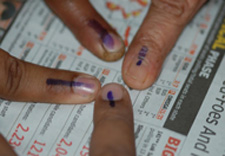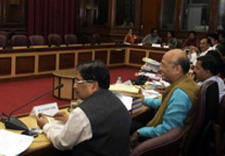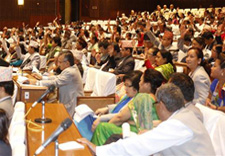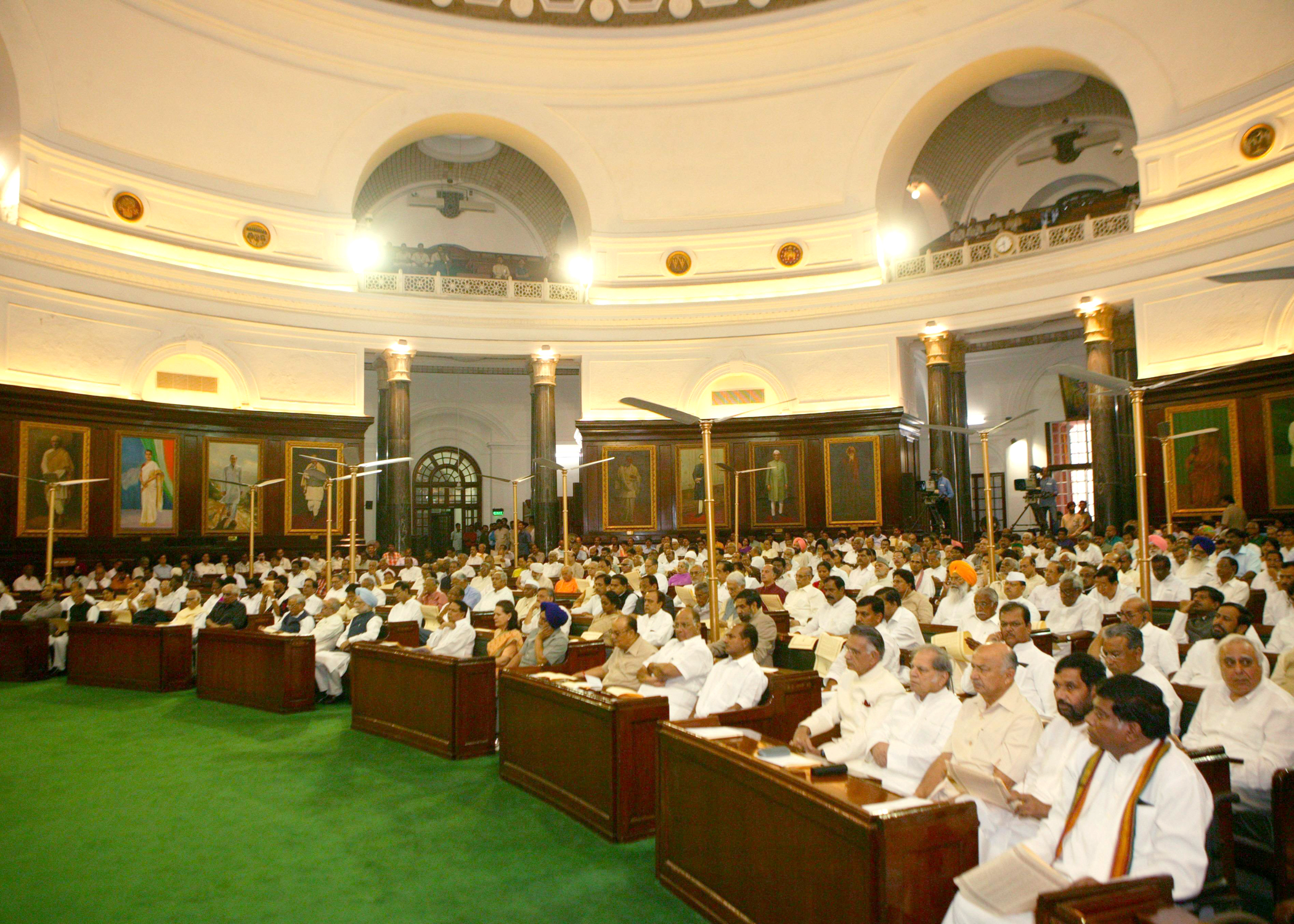Professor Ranjit Roy Chaudhury: A Tribute
Professor Ranjit Roy Chaudhury was among a rare breed. He was a leader, a charismatic mentor, and firm believer in affordable healthcare for all Indians. He worked tirelessly towards passing legislation of free essential medicines to those who need it most. His philosophy and commitment to public service and health equity will continue to shape policy in the decades to come. His students and colleagues will carry on his legacy in the fields of public health, pharmacological sciences, research ethics and national health policy. Prof. Roy Chaudhury focused on reproduction pharmacology, clinical trials, indigenous medicinal plants, and the rational use of medicines.
We knew him best as the Chair of the Institutional Ethics Committee of the Public Health Foundation of India. He was always curious about some of the more “creative” interventions we decided to pursue, but he was not one to close his mind to unconventional methodological approaches that our researchers proposed to the committee. In fact, he decided it was time to plumb in deeper – to consider the way forward and enact guidelines for public health and translational research. Until the end, he was involved in strengthening and creating a more responsive set of ethical guidelines for health research.
A path breaker and a visionary, his list of accomplishments are long. He was the first Indian doctor to receive a Rhodes scholarship. After his stint at Oxford University, he came back to complete his DPhil in Pharmacology. He was also felicitated with an honorary degree of Doctor of Science from Chulalongkorn University, Thailand. He was a Professor of Pharmacology, Dean and retired as Acting Director of the Postgraduate Institute of Medical Education and Research, Chandigarh. During his tenure, he established the first D.M. Course in Clinical Pharmacology in the country. After retirement, he established the Delhi Society for Promotion of Rational Use of Drugs and was the Founder Director of the Delhi Medical Council. During the period, some of the earliest models of community engagement to promote rational drugs were tested and scaled up.
Prof. Chaudhury was a generous mentor and unafraid to make tough choices. He has been the Advisor to the Department of Health and Family Welfare, Govt. of National Capital Territory of Delhi and was nominated by the Ministry of Health and Family Welfare, Govt. of India as Chairman of the newly constituted Expert Committee for Reforms in Drug Regulation and Clinical Trials. Prof. Roy Chaudhury also served as the Advisor to the Union Minister for Health and Family Welfare, Govt. of India. He was Chairman, Task Force for Apollo Hospitals Educational and Research Foundation (AHERF), Indraprastha Apollo Hospitals where he worked to connect the work of the Apollo hospitals to research.
At the time of his passing away, he was serving many organisations including the Sasakawa Foundation, the Population Foundation of India to name just two. He was chairing no fewer than ten committees at the Ministry of Health and Family Welfare and many more at the institutions he served. In recognition for his landmark contributions, he was awarded the Padma Shri in 1998. He was recently honoured with a Lifetime Achievement Award – 2013 by FICCI and the first Lifetime Achievement Award in “Integrated Medicine” by the College of Medicine, London and the Soukya Foundation.
All his accomplishments aside, Prof. Roy Chaudhury was a true gentleman. We have never seen him lose patience or turn down anyone who needed his help. The day before he passed away, he had called for a special meeting of the Population Foundation of India board on a Saturday to take forward a collaborative project with Public Health Foundation of India (PHFI). At that age, most people would have been happy to be reading the newspaper and drinking their morning cup of tea, but not Professor Roy Choudhury.
His commitment to the country and public health was absolute. Without his landmark work we would not have the clinical trials framework and the awareness about the problem of antimicrobial resistance.
The best way we can honour this amazing Indian is to take his work forward, while remembering his gentle smile, good humour, graciousness, and depth of commitment that he brought to the millions of lives.
(This article was originally published in the IMPF Newsletter, Winter Session Issue: November-December 2015)
Melina Magsumbol
Ramanan Laxminarayan
Public Health Foundation of India


 13 March 2016
13 March 2016  0 Comments
0 Comments Updated News
Updated News





